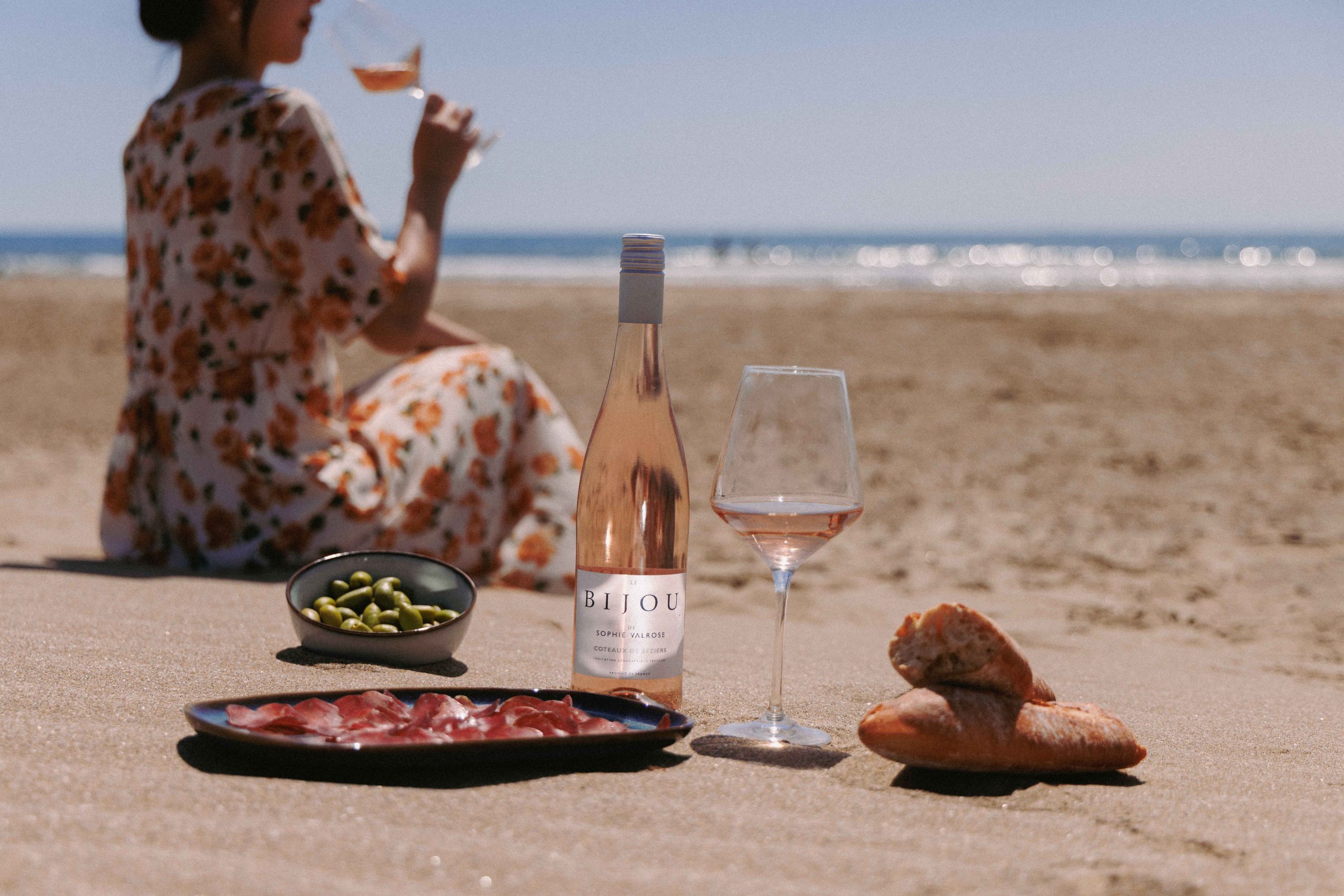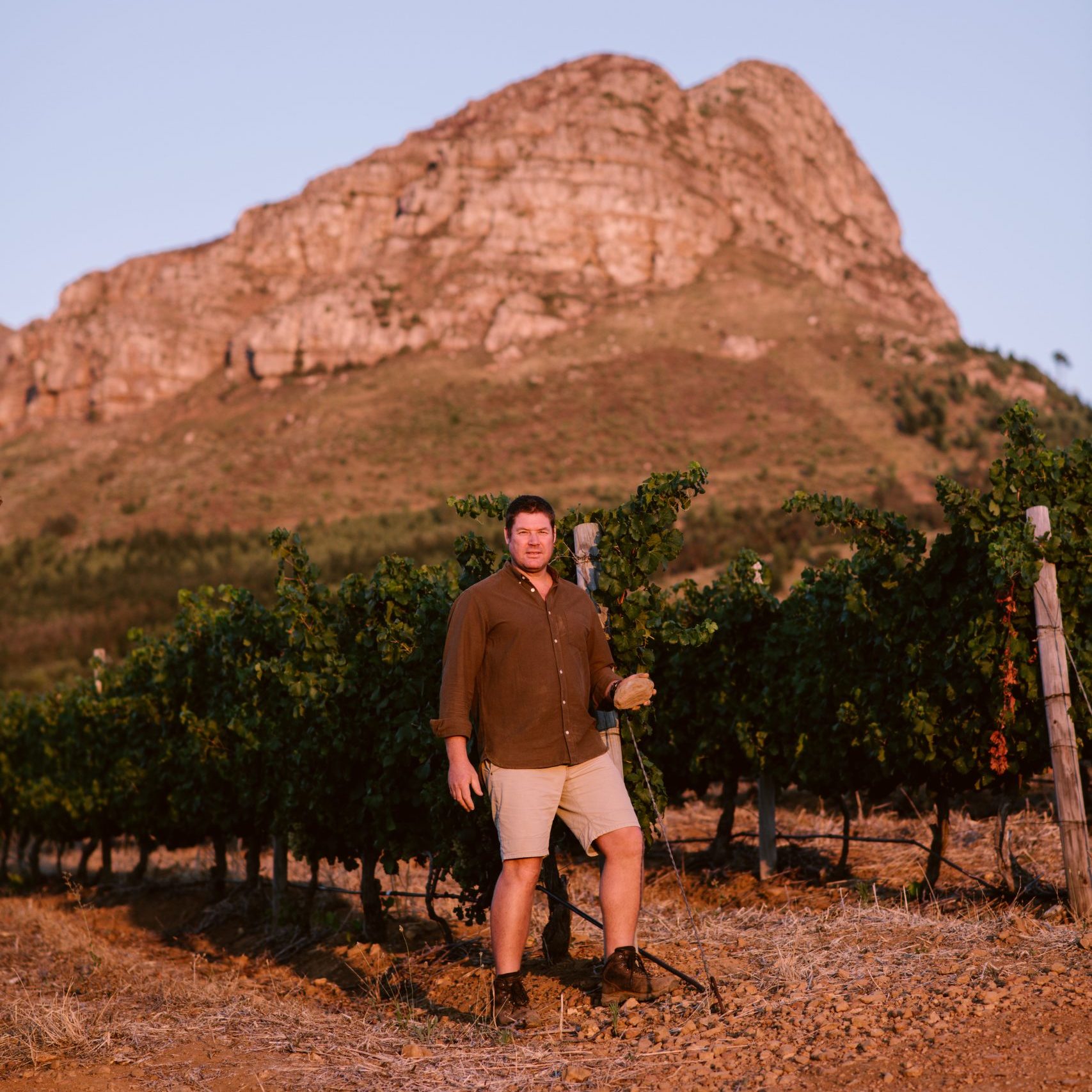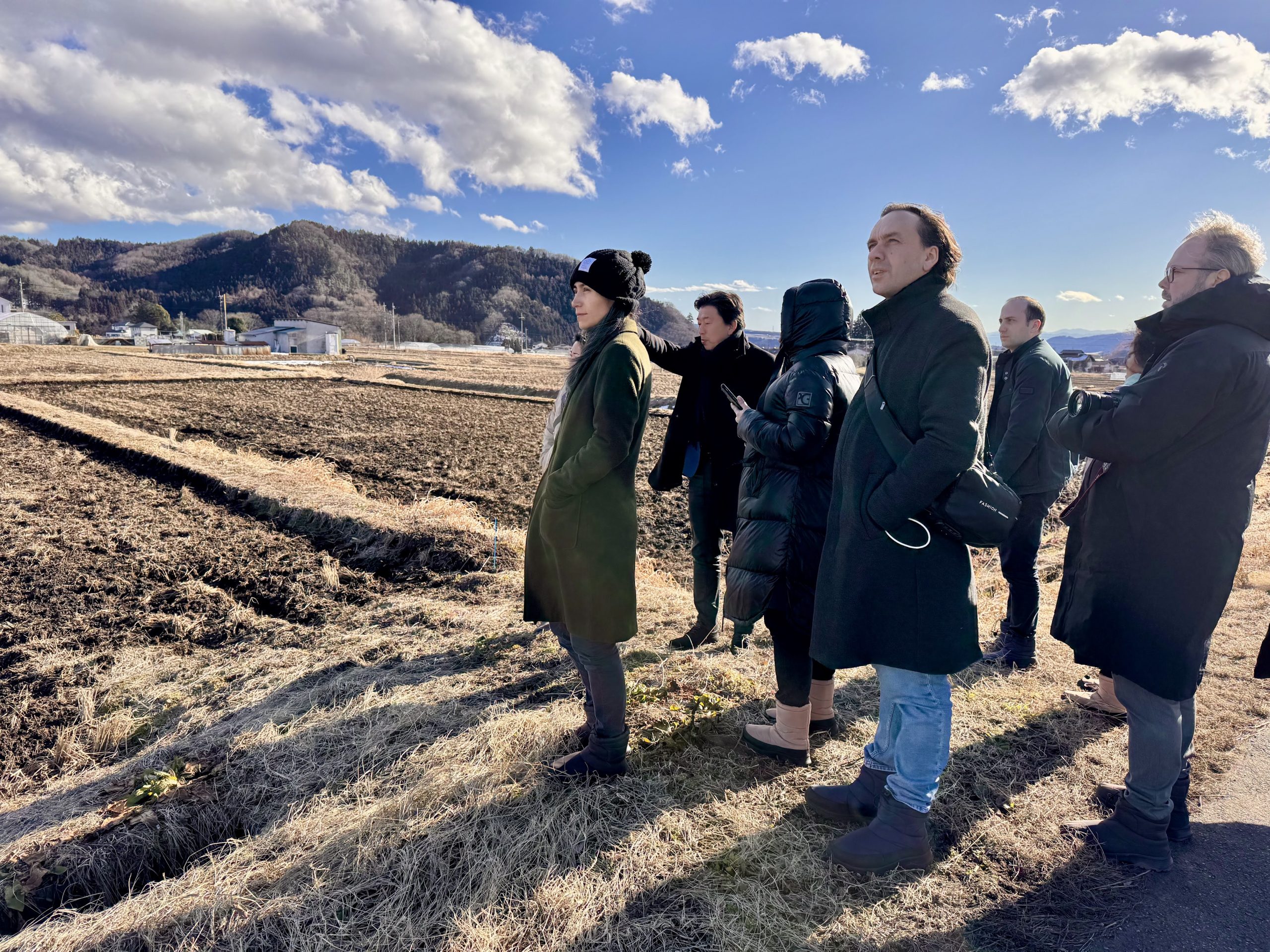Could this Swiss grape be the future of English still wine?
By Louis ThomasWhile England has become a second home for Chardonnay and Pinot Noir, a red variety developed in Switzerland might be a “game changer” for viticulturists, according to one Kentish producer.
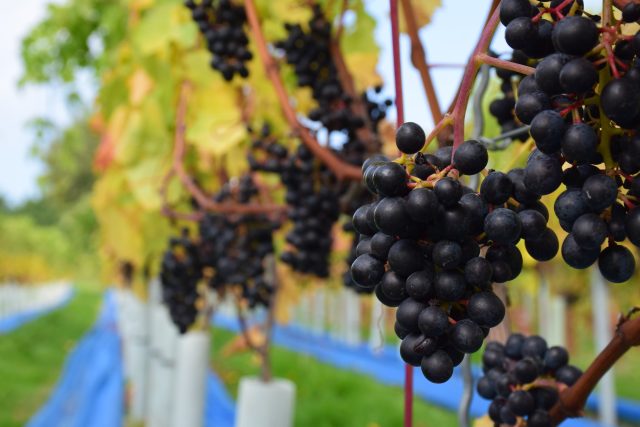
Called Divico, the grape was created in the late 1990s as a hybrid of Gamaret and Bronner. Today, about 74 hectares of Switzerland’s vineyard area is planted with it, according to Swiss Wine, about a 50th of the area of the country planted under Pinot Noir – but big things have small beginnings.
Divico takes its name from a Celtic chieftain from what is now Switzerland who fought Julius Caesar, and, fittingly, it has ended up in another Celtic outpost, one that Caesar failed to conquer – Britannia.
Susannah Ricci, owner of Yotes Court in Kent, told the drinks business about the winery’s first encounter with Divico.
“Tony Purdie, Vineyard Manager at Yotes Court Vineyard first heard of Divico in 2018. A consortium of UK grape growers had funded some research at the crop science organisation the National Institute of Agricultural Botany [NIAB] East Malling, in Kent, to find a red wine grape that would grow successfully in the English climate and produce a medium to full-bodied red wine. Yotes Court had been asked to join the consortium at the start but the costs were totally out of their league. Dr Julian Lecourt, head of viticulture and wine R & D, had identified a Swiss grape called Divico as a variety that had potential. He has described it as a ‘game changer’ and likely to supersede Pinot Noir. NIAB planted a few vines and their first Divico harvest was in 2018.”
“Tony tasted some of the resulting wine, was impressed by the colour and flavour and immediately sourced 300 vines for Yotes Court to plant,” she continued. “They have found that early bud burst protects the vine from late frosts, flowering is therefore later so takes advantage of warmer weather, the vine canopy is disease resistant so copes well in our damp climate and the grape berry skins are robust so can be left on the vine later than other varieties to ripen without becoming susceptible to rot.”
Structural comparisons have been made between Divico and the likes of Malbec and Shiraz – neither of which are grapes that one would expect to do particularly well in the Maidstone area.
Purdie, a New Zealander who previously spent two decades managing vineyards in Hawkes Bay, said that he was “still learning about the variety”, but argued that Divico has “very few disadvantages” as it “very much looks after itself”.
However, he shared that there are still some problems with it: “As a red grape variety, it is of interest to the fruit fly spotted wing drosophila (SWD), but its robust skin does mostly protect it from damage. The pheasants also seem to like it, so Yotes Court put up nets for protection once the berries start to colour. As a late ripening variety, there is always a chance of botrytis creeping in which would cause the wine maker issues as the wine is fermented on skins. However, the bunches are small and very loose, so Yotes Court has not had any issues in its first two harvests.”
A new favourite?
The fruit of Purdie’s experimentation has been The Favourite, a still red which premiered at last month’s WineGB trade tasting.
Partner Content
“With less than a half tonne of grapes to work with, the winemaking was small scale; very hands on and intensive,” he explained.
Just 238 bottles of The Favourite were released for sale.
Nick Lane of Defined Wine in Caterbury, took the Divico after it was manually harvested on 11 October 2022 and cold soaked it for 48 hours. During fermentation the cap was punched down twice a day, and it was chaptalised to 11.5% ABV. After the five days of post-fermentation maceration, the wine was then aged in steel and French oak half barrels for nine months before being bottled in late March last year.
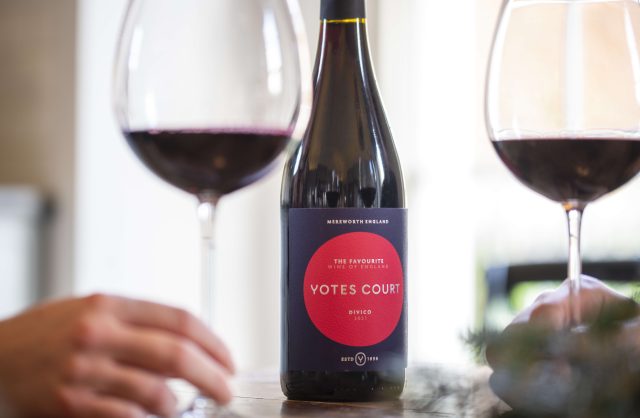
The grape’s ability to produce full-bodied reds in England’s cool climate has already generated interest from neighbouring producers.
“I have had a number of my peers from other vineyards ask me about the grapes,” Purdie shared. “They are very interested in how the vine performs and a number of other growers have planted this spring. The quality of the wine it produces can be as good and possibly better than well-known and well-heeled classic varieties. I believe it will be a global game changer and produce the full-bodied red wines that so many people enjoy.”
Tasting notes for The Favourite, provided by Yotes Court, include black plum and violets.
But, while Divico might seem to be a variety capable of miracles, the wine has one big disadvantage.
“Trying to introduce a new wine with a new name will be a challenge to those customers fixated on traditional and familiar varieties,” revealed Ricci. “However, with an increasing interest in English wine and locally sourced products Yotes Court customers are embracing this grape variety with a waiting list for each vintage which we have dubbed the Kent Claret. Getting the word out can be difficult, but we were lucky to have Jane MacQuitty, the wine critic, describe it as ‘really rather good’ with a ‘vibrant, carmine’ colour and ‘exuberant fruit’. We sold out the next day.”
Perhaps Divico will succeed where Caesar failed and conquer Britain, or at least British vineyards. But it will have competition – other varieties are also contenders to become ‘the next big thing’ in UK viticulture, including one of Iberia’s most famous grapes.
Related news
WWE legend goes viral after Napa wine tasting
Favourite kosher wine 'impossible to find' due to trade war
Piccolo power: why Henkell's small bottle has stood the test of time

